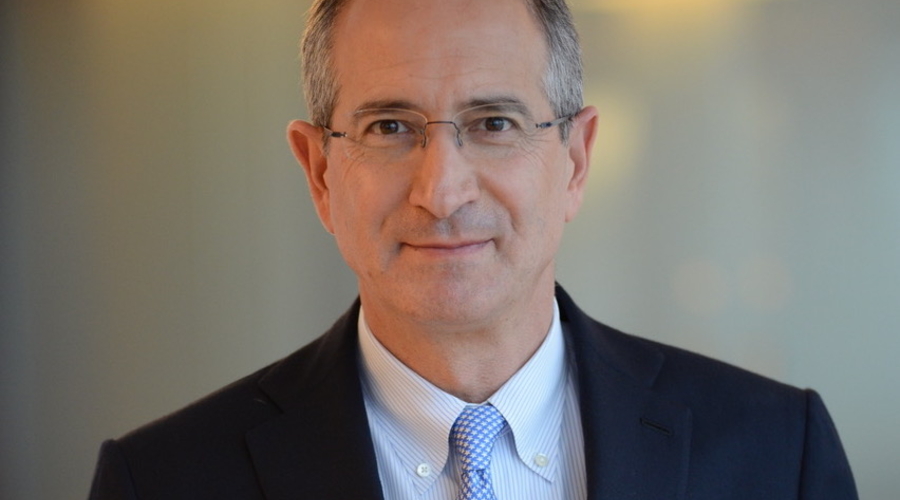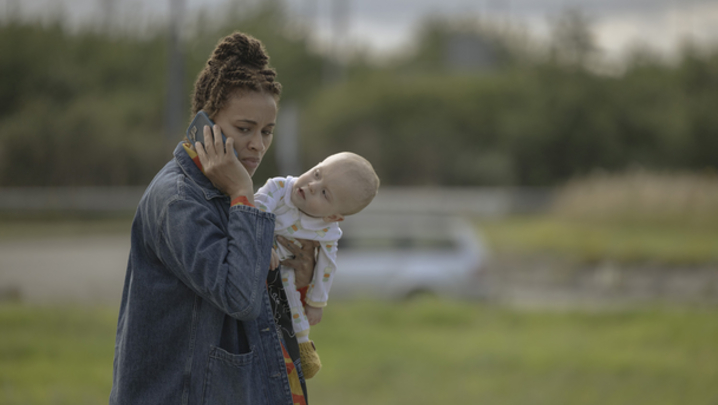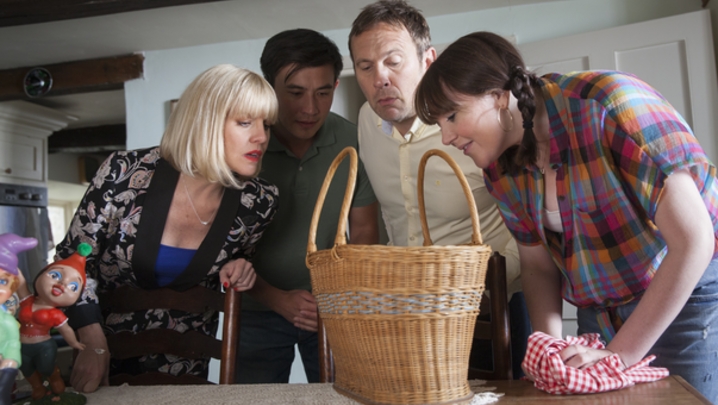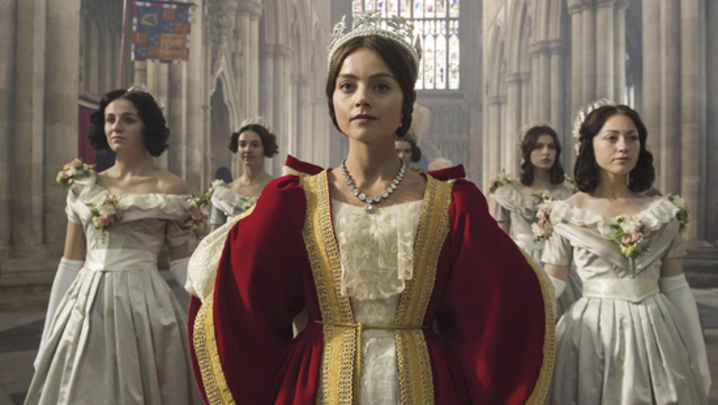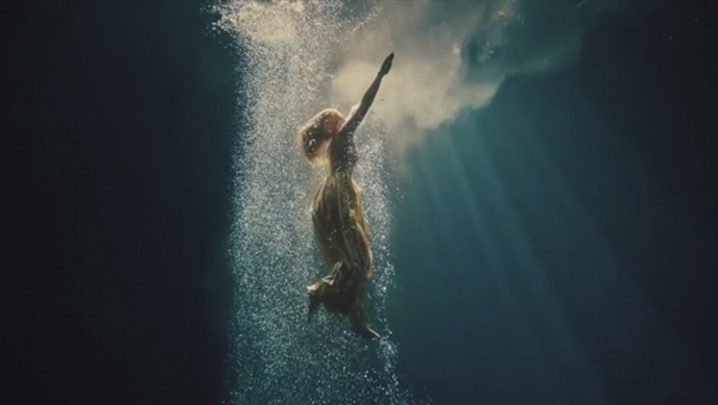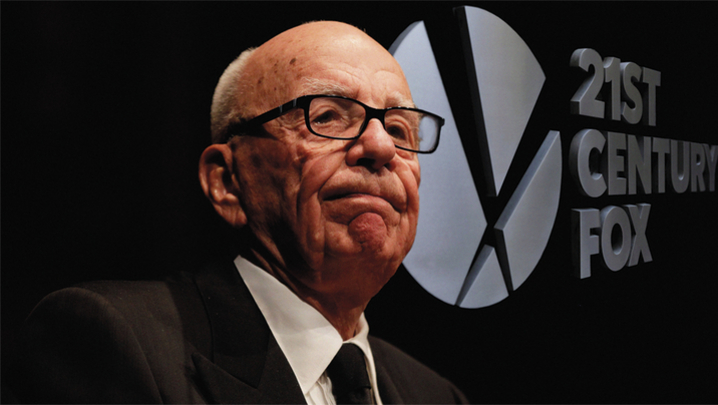Kate Bulkley finds out what makes Comcast head Brian Roberts tick and why his company is attempting to buy Sky
A lot has been written about a recent taxi ride that may change the face of UK television. Brian Roberts, the CEO and Chair of US media and technology company Comcast, was visiting London when he asked his cabbie for his opinion of Sky TV.
It may have seemed like an innocent question, but the driver was so effusive about Sky that, so the story goes, the next thing you know, Comcast was launching an audacious £22bn bid to buy the UK-based pay-TV giant.
Not only did the Comcast offer for Sky come out of the proverbial blue, but Roberts actually topped the £18.5bn bid already on the table from Rupert Murdoch, who was trying, yet again, to buy the 61% of Sky he did not already own.
But the story doesn’t end there. Roberts’ intervention threw not one but two spanners into the works: not only did he offer more money for Sky than Murdoch, but Comcast’s bid also put into some jeopardy Murdoch’s separate deal to sell most of 21st Century Fox (including the Sky shareholding) to Disney for $66bn.
It turns out that there’s more to this story than was first reported, and the details provide an interesting insight into what makes Brian Roberts tick.
Anyone who knows him well would understand that his dedication to the company which has been his life’s work means that even a cab ride is an opportunity to learn and, in this case, threaten to send the global media world into a spin.
His interest in Sky began long before the taxi ride. But back then – just like everyone else in media – he did not have Murdoch, who built Sky from nothing into one of the world’s biggest pay-TV companies, down as a seller.
Roberts was especially interested in Sky because it is both a content company and a sophisticated distribution business focused on pioneering technology. That’s a combination which appeals to him.
As a graduate of the Wharton School of the University of Pennsylvania, one of the US’s top business schools, the 58-year-old executive knows his numbers, but is also something of a tech geek.
Roberts appreciates the importance of technological advances in making cable TV a better service. Over the past three decades, he has served three terms as Chair of CableLabs, the US cable industry’s research and development consortium.
Indeed, in 2010, when Comcast unveiled an EPG that paired its set-top box to an iPad, turning the latter into a TV remote control, Roberts was only too happy to show off what was then a state-of-the-art product.
Roberts also “revels in everything British”, says a colleague. He visits the UK several times a year because London is the HQ of NBCUniversal International, which contributes 9% of Comcast revenues and whose assets include Carnival Films, the producer of Downton Abbey.
On the weekend of that taxi ride, Roberts was in town for an entirely different reason – to help woo the COO of Virgin Media, Dana Strong, to leave her job and work for Comcast; the Virgin executive accepted Comcast’s offer.
It’s the kind of story that Roberts’ father, Ralph, is likely to have appreciated. Roberts snr was a big believer in the personal touch, a management style that was much in evidence when he founded what became Comcast in 1963.
“Comcast is a massive company and yet it feels like a family company and that’s because of the way Ralph and Brian ran it together for so many years,” says Kevin MacLellan, Chair of global distribution and international at NBCUniversal. “That family bond permeates the company. They are concerned about the work-life balance. Not that Brian doesn’t drive us to work hard, but he is one of the very few very senior executives who very regularly asks me how my family is. I haven’t had bosses who did that before. And I don’t even work for Brian.”
He has a great strategic mind and he plays to win like no one else
Ralph Roberts was already 43 when he and two friends bought a tiny company in Tupelo, Mississippi. The firm was putting up a giant antenna to pull in broadcast signals of TV channels based in nearby Memphis, Tennessee, to sell to local citizens.
The “retransmission” business was the beginning of cable TV in the US. Alongside Ted Turner, the founder of CNN, Bob Magness and John Malone of TCI, and Charles Dolan of Cablevision, Ralph Roberts was one of the business’s pioneers.
Brian Roberts had always wanted to work for his father. He spent weekends at the company when he was a teenager and joined it full time after graduating from Wharton.
Roberts snr put his son through a de facto training course. Working across the US from Flint, Michigan, to Trenton, New Jersey, he did everything from putting up power cables and selling HBO subscriptions door-to-door to working in the billing department.
Comcast was a name that Ralph invented by putting “communications” and “broadcasting” together. The name seems even more prescient now that Comcast is not only the biggest US cable TV operator, but also the US’s biggest broadband provider. In the last quarter, Comcast added 350,000 broadband subscribers. Since August 2017, Comcast has also offered mobile services.
Via NBCUniversal, Comcast owns 21 channels including NBC, CNBC, Syfy and US Spanish-language network Telemundo.
“I remember getting a phone call and hearing that Brian had acquired the rights to the World Cup in 2018, and it just took our breath away. That move changed the whole perception of Telemundo, especially for advertisers,” says David Zaslav, President and CEO of Discovery.
With cable TV in the US under pressure from Netflix and AT&T’s DirecTV Now, which offers fewer channels at lower prices, Brian Roberts is keen to “pivot the company to have a rapid deployment of new products that will delight and surprise” customers.
The bond between Roberts and his father remained remarkably close even as Brian gained more control at Comcast. He became President in 1990, at the age of 30.
In 2002, Roberts took over as CEO and became Chair in 2004. However, Roberts snr, then 84, maintained an office next door to his son, separated by a glass door, where he was available for consultation and advice. “We worked as partners until the day he died,” Roberts said in an interview in 2017. Ralph Roberts had passed away two years earlier, aged 95.
Brian Roberts is tall, wiry and soft-spoken. “He has a great strategic mind and he plays to win like no one else,” says Zaslav. He is a highly focused, driven executive and deal-maker.
Hundreds of billions have been invested in Comcast under Roberts’ leadership, organically and through acquisitions. Today, the company has some 29 million customers.
Away from the day job, he’s a competition-level squash player; he’s won a gold and four silver medals playing for the US squash team at Israel’s Maccabiah Games and is an inductee of the Philadelphia Jewish Sports Hall of Fame.
Unlike the outsize egos of some media-sector leaders, Roberts is happy to share the credit for Comcast’s success with his fellow executives.
This does not mean he doesn’t seize every opportunity to keep Comcast a step or two ahead of the competition. In 1997, while visiting Microsoft with a group of other cable operators, Roberts had what he has described as an “ah-ha” moment, when Bill Gates predicted that, one day, data would be bigger than the TV business.
Comcast was already investing a lot of money in fibre-optic infrastructure; in 1997, Gates put $1bn of his fortune into Comcast, famously gaining a 400% return.
When Roberts became president in 1990, Comcast was generating revenues of $657m. Via a series of smart acquisitions, organic growth and the exploding demand for internet services, Comcast revenues had blossomed to $85bn at the end of last year.
It has not all been smooth sailing, of course. In 2004, Roberts launched a surprise, $54bn hostile takeover of Disney, a move that ultimately failed but which foreshadowed his ambitions to marry content with distribution.
Seven years later, in 2011, Comcast bought a 51% stake in NBCUniversal, adding the remaining 49% in 2013. The deal was a game-changer. But an attempt to buy Time Warner Cable came under scrutiny from US regulators and was canned three years ago.
Overall, Roberts has notched up many more successes than failures. International expansion in the shape of the Sky deal looks like an obvious next move.

